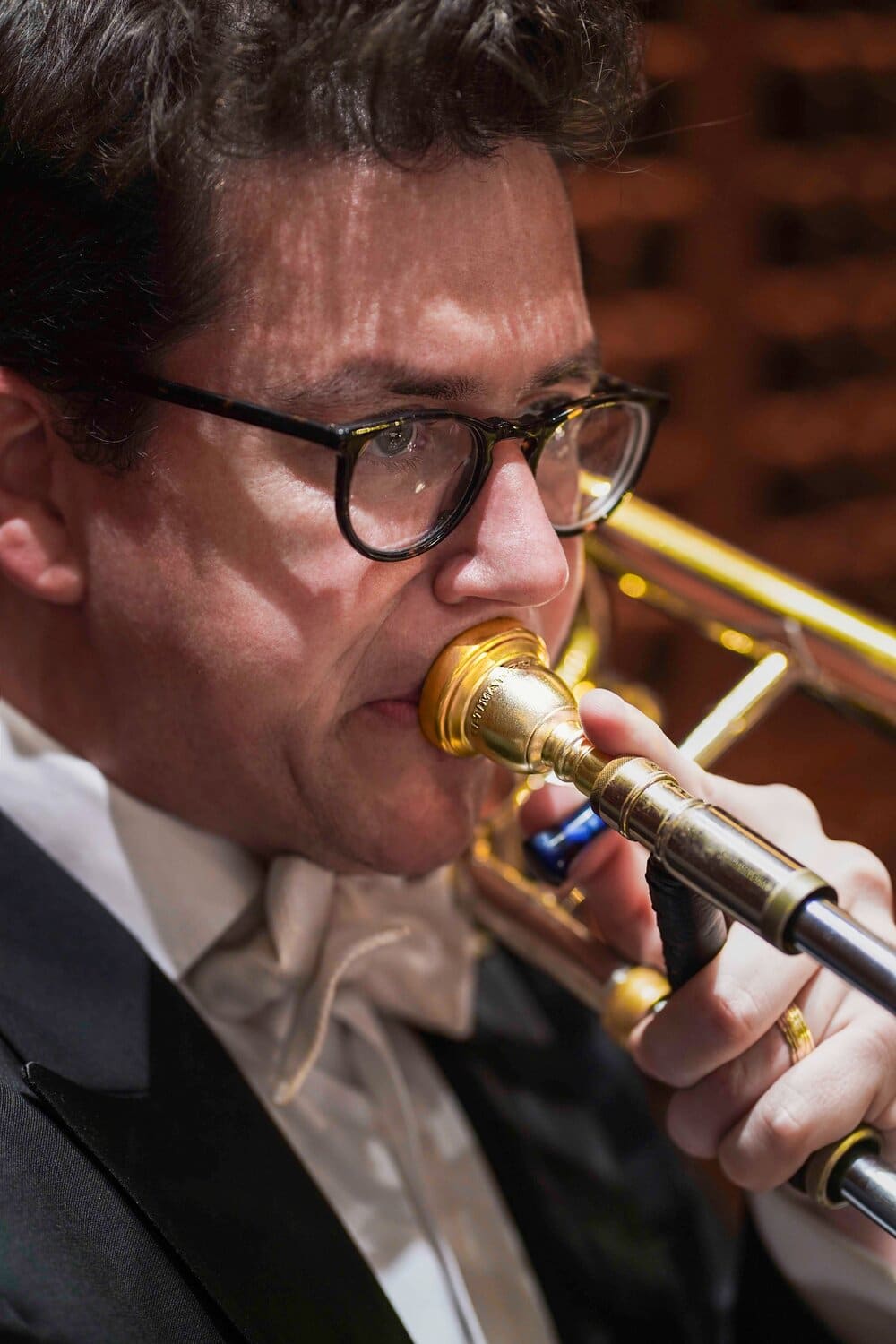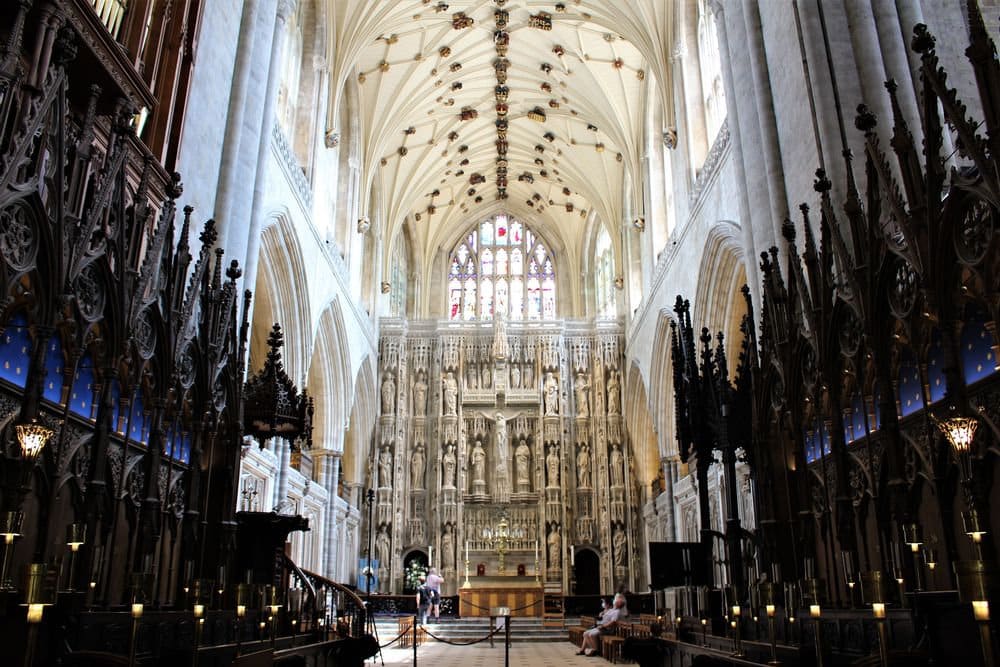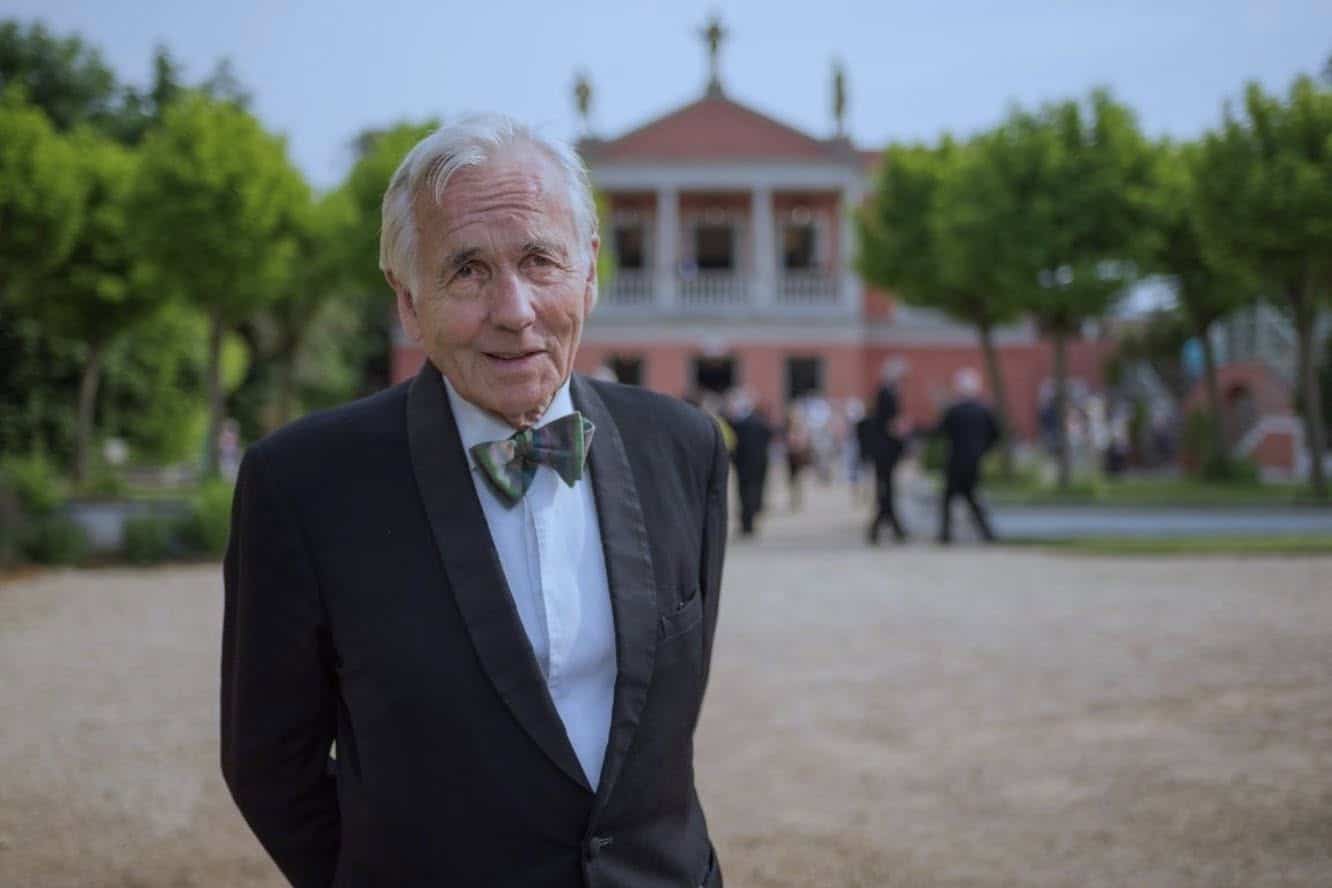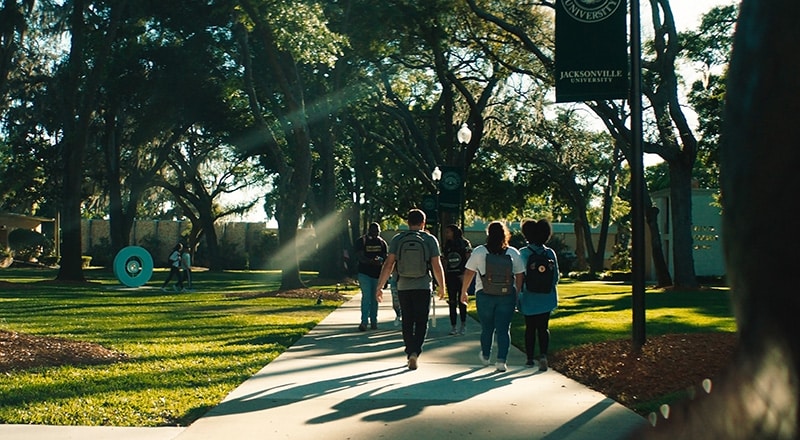Pete Townshend wants to save the symphony orchestra
mainHere’s the press release.

Today, the legendary Pete Townshend announces that he has created a “classical” version of one of The Who’s landmark albums – ‘Quadrophenia’ – for symphony orchestra, opera singer and choir.
The new “symphonised” version of ‘Quadrophenia’, an album originally released by The Who in 1973, was orchestrated by the composer, orchestrator and singer-songwriter Rachel Fuller, who is also the partner of Pete Townshend.
The recording will be released by the Deutsche Grammophon label, internationally renowned for its repertoire of classical and opera music, and launched next summer by U-Live with the World Premiere concert at the Royal Albert Hall. Both the recording, which took place in October of this year at London’s Air Studios, and the world premiere feature the nation’s leading tenor, Alfie Boe, the Royal Philharmonic Orchestra and the London Oriana Choir, conducted by Robert Ziegler, with Townshend himself on electric guitar and performing cameo vocal roles. Tickets go on sale this Friday (5th Dec 2014).
The project, announced in The Who’s 50th anniversary year, is the latest chapter in Townshend’s lifelong mission to break the three-minute mould of the traditional pop song and take rock music to a higher artistic level. In the 1960s he defined the concept of the “rock opera” with ‘Tommy’, taking it a stage further with ‘Quadrophenia’. Conceived and written by Townshend in 1973, ‘Quadrophenia’ went on to become a feature film and a theatre production, and was performed in its entirety on The Who’s most recent live tour.
The rock superstar, who turns 70 next year, began work on the project as part of his plan to leave a legacy of all his work arranged for orchestra as sheet music, for future generations to enjoy. Townshend hopes the new work will go on to become a regular part of the orchestral repertoire and boost attendance at classical concerts.
“A lot of major symphony orchestras are in trouble because their audience is getting old and the younger audiences prefer softer stuff, such as film soundtrack music,” he explains. “I think that Quadrophenia would reinvigorate their audiences and bring in people who might not otherwise go to see a symphony orchestra perform without lights and fireworks and a movie screen.”
Alfie Boe, who sings the parts originally sung by Roger Daltrey, was born the year ‘Quadrophenia’ was originally released, but has been listening to it for years. “It’s in my blood. I’ve always thought the classical voice can lend itself to this type of repertoire. It’s harder than opera, but thrilling to sing. The music is so full of excitement, positivity and strength – I wouldn’t separate it from a symphony by Beethoven or Mozart.”
Commenting on Alfie Boe taking the “lead” role, Townshend says: “Alfie is a true star, who gives every performance his all. He reminds me of Roger Daltrey in that – he’s also a real pleasure to work with. I never thought I’d hear a classical tenor singing my songs, and for them to work so well – but Alfie makes it happen. He’s a funny man too, and good looking. The girls like him. I can’t wait to be on stage with him. I’m going to push him into the orchestra pit.”





Comments